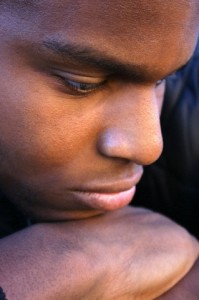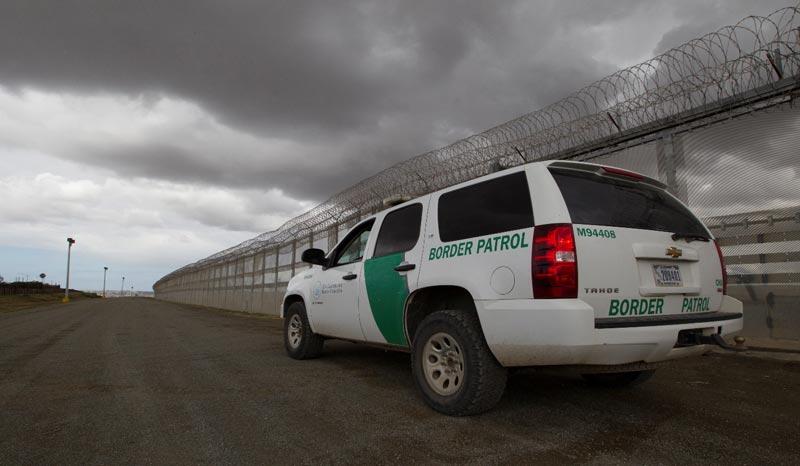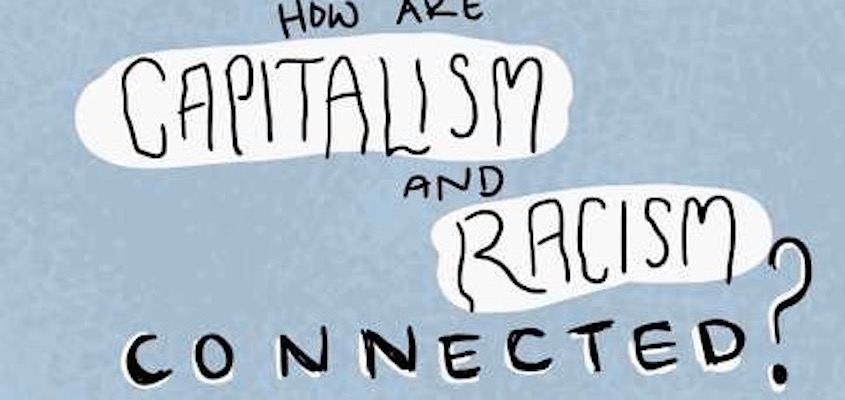(ThyBlackMan.com) For many years, mental health professionals viewed depression as primarily a women’s disease. Of the 11 million Americans diagnosed with clinical depression every year, less than 1 in 10 were men; and an even larger percentage of people actively seeking treatment for this problem were women. Likewise, the majority of reported suicide attempts were made by women.
But there was one troubling statistic that made this stereotype of depression as a woman’s condition a little hard to swallow—that 80 percent of the people who actually died by suicide were men.
As researchers began to dig a little deeper, trying to understand this apparent contradiction, it gradually became clear that depression is just as common among men, but men simply weren’t seeking or receiving treatment in proportion to their numbers. Many factors, including both cultural stereotypes and biological differences, made men less likely to  report symptoms of depression, and their health professionals less likely to identify the problems they did report as symptoms of depression.
report symptoms of depression, and their health professionals less likely to identify the problems they did report as symptoms of depression.
This situation has changed quite a bit recently. Last year, more than six million men were diagnosed with depression. But many men (and the people around them) may still have trouble recognizing that their problems are caused by depression that needs to be treated. Here are some things you need to know to avoid this problem.
Depression can look different in men. Most experts believe that although the basic symptoms of depression are very similar in men and women, men express them very differently. Here are the differences most often seen:
• Depressed men are more likely to notice and report the physical symptoms of depression:
Tiredness
Sleep problems (trouble falling or staying asleep, insomnia, sleeping more)
Lack of energy
Changes in appetite (increased or decreased)
Chronic muscle tension
• Depressed men are less likely to exhibit and report the emotional symptoms of depression. This may be due mostly to cultural stereotypes that view the expression of certain emotions as “feminine.” In some cases, men may be aware of their feelings of sadness, hopelessness and guilt, but feel compelled not to talk about them. In others, these feelings may be suppressed and go unrecognized. In either case, depression may go unrecognized because the tell-tale symptom of low mood appears to be missing.
• Depressed men are more likely to display behavioral signs that aren’t easily recognized as signs of depression:
Unusual degrees of irritability, anger, and/or aggression
Blaming others for problems
Alcohol and drug abuse
Attempt to manage their moods by taking on more activities, like working overtime
Engaging in high-risk behaviors such as dangerous sports, gambling, or compulsive sexual activity
• Depressed men are less likely to display the behavioral signs that are commonly associated with depression, such as spontaneous crying, loss of interest in usual activities, and thoughts or talk of death or suicide.
These patterns are not rigid. Many men will experience the same basic symptoms common among women, just as women may experience the symptom patterns described above. And any given individual may experience a combination of “male” and “female” symptoms.
If you or someone you know seems to be experiencing unusual or unexplained increases in the physical or behavioral problems mentioned above for two weeks or more, talk to your doctor. There’s a good chance that those problems are signs of depression, and effective treatments are available.
Written By John Williams




















AS SOON AS YOU REJECT AMERIKKKA YOU WILL SEE THE LIGHT AS SOON AS YOU DISCOVER YOUR REAL HISTORY YOUR SOUL WILL AWAKEN MINE EYES HAVE SEEN THRU THE DARKNESS I DISCOVERED WHAT IS A MYSTERY TO MOST BLACK MEN IN AMERIKKKA AND THE 4 CORNERS OF THE EARTH YOU CAN TOO YAHSPEOPLE.COM HEBREWISRAELITES.ORG
I discovered my own depression at 42.. well, I “named” what I seem to be feeing. I was more relieved than alarmed. I’m 61 now. I’m now wondering how different my life may’ve been had I sought treatment back then. What I’ve experienced, I guess, is a life lived built upon coping constructs.. when seen altogether, now that I think about it, may look like a building designed by a madman. Interestingly, during that period, I managed to flesh out a life free of any self-medicating behaviors, living ‘pristine’ of any substance transgressions including food abuse. I cry regularly in fits associated with thoughts of beauty, art, spiritualism, nobility, and the like.. still, aware the thing you refer to as depression is related. I now wonder is there a normal ‘blue’ state of mind short of depression, that allows for processing empathy with misery, misfortune, and sadness of others around me? Answering my own question (as I often do in my coping solitude), I’d think the line would draw at being able to remain objective of the misery of others. In the end, if asked ‘do I feel depressed?’, I’d answer “..probably, but.. is that a bad thing?”
I’m learning more each day regarding Depression & Bipolar Disorders within my self as well as my spouse . We are both aware of the problem and sucessfully following doctors orders and counseling,taking our meds daily as prescribed in order for them to work. Soul searching praying and holding on to each . We love and care for each other very much and promise to work hard at rebuilding our relationship. We won’t neglect the tale ,tail signs since we are fully aware of them. Thanks for mainstreaming this problem for it does exist in both men and women.
I want to applaud you all for addressing the issues of black male depression… I facilitate a clinical practicum seminar for masters level students in clinical psychology. Several of female students have have become activist purposed with bringing this into the attenton of the mainstream. We have neglected and ignored our men/boys long enough.